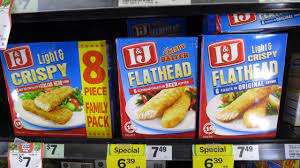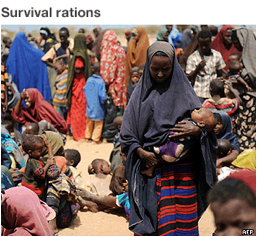Prologue
Why are stock dying in the north of Australia from starvation when there is plenty of stock food in the country? For the same reason, I suppose, that thousands of people all over the African continent and in refugee camps in the Middle East, especially children are dying every day from starvation and deprivation while there is no shortage of food in the world. If we are honest with ourselves, the majority of us, as we fill the larder for Christmas, just do not care. The statistics say that after we have finished our celebrations, we shall throw away half of the food we have bought.
There is a story of Bono of at a U2 charity concert, must be over ten years ago now, quietened the crowd, raised his hands above his head and clapped his hand together once. Three seconds later he did it again, and then again and again every three seconds. The, crowd, I think it was in the Albert Hall was quiet. Very gently he spoke and said, ‘Every time I clap my hands together, every three seconds, a child dies in Africa’. Someone in the audience shouted ,’Well stop f*&$#@ng clapping then.’ The crowed booed. The money raised went to help the children in Africa yet to this day they still die of starvation.
There is nothing I can add to the disaster that is the drought in Queensland and Northern New South Wales, except to say as a nation we have always been able to find millions of dollars to help people in other countries to survive and recover from natural disasters like earthquakes and tsunamis and as a nation we have been proud to help.
Now we have a disaster as bad or worse than any we have helped in other countries going on right now in the north of our own country and it seems we cannot come to our own aid. I ask the question why and who gives a damn about a deficit or a surplus budget when the heart of our northern agriculture is suffering unimaginable hardship? It is a situation that could be substantially ameliorated, made unimaginably better even fixed by spending money, government money, our money.
Irrespective of one bank agreeing not to foreclose and threats being made to name and shame, and high profile media people giving their support to the beleaguered landowners, the drought remains, stock continue to die. The Intellectual property of ‘Agriculture Australia’ is substantially in the genetics of the stock we have bred over many years. That gene bank is among the best in the world, it is priceless and will take years to replace.
One of the great shames of the unnecessary ‘selling off’ of the Australian merino flock for meat, is that some of the best wool producing genetics in the world finished up as Ugg boots, sheepskin coats and on the barbecues and in the cooking pots around the world.
The task before us now is to feed the stock that remain, we have and stop the death from starvation of Australia’s greatest asset, the gene pool of Australia’s national beef herd that has taken generations to build and which is in the process of being unnecessarily lost for all time.
During the week I had this web address sent to me.
If you haven’t seen it, do so now, before you read what follows.
Continue reading “WHY IS IT AUSTRALIA DOESN’T CARE ABOUT THE DROUGHT.”
 Australians are seriously dependent on other countries for the food they eat every day. Most of that food arrives by sea. Any interruption to supplies would materially affect the diet of the nation to the point of hunger.
Australians are seriously dependent on other countries for the food they eat every day. Most of that food arrives by sea. Any interruption to supplies would materially affect the diet of the nation to the point of hunger.

